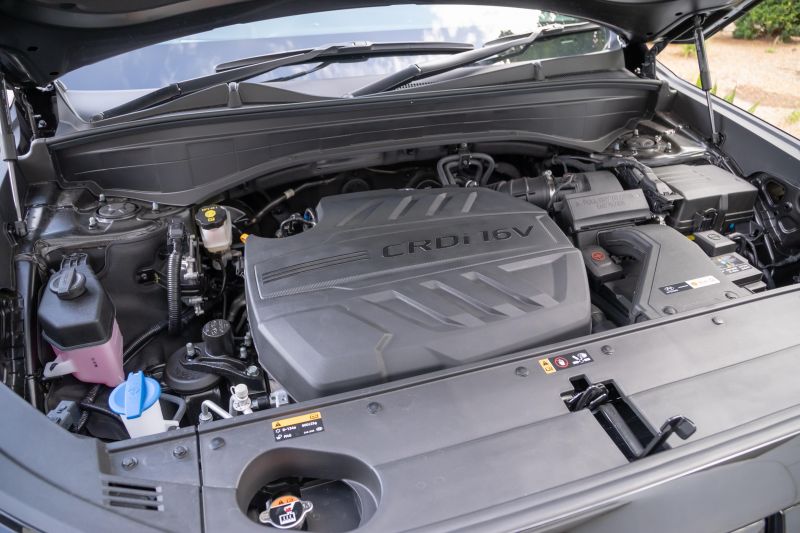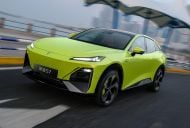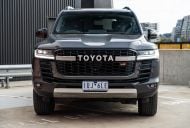A two-year pause on petrol and diesel engine development at Hyundai is reportedly coming to an end, with more lax emissions regulations in key markets leading to a renewed push for cleaner combustion engines.
South Korean publication ET News reports Hyundai had rebranded its combustion engine powertrains department as an electrification development unit in late 2021, amid a shift in the industry towards battery-powered vehicles.
However, due to recent watered-down emissions policies being enacted in Europe and the US, Hyundai is reportedly opening an “Engine Design Department” within its Electrification Performance Development Centre.
It’s reportedly already working on a new engine.
The new engine room is claimed to employ 150 to 200 staff, with a mix of those who already work for the company as well as external recruits.
According to the publication, the decision to restart engine development was only made after the US scaled back its planned tougher vehicle emissions regulations last month, which followed Europe doing the same in October 2023.
The new emissions policies in both regions have given combustion engines a stay of execution, though the European Union still plans to ban the sale of new petrol and diesel cars by 2035.
With engines gaining a few extra years before being killed off by emissions regulations, Hyundai can save costs in the short term by developing cleaner versions of its current powertrains, while cutting spending on battery-electric technology.
Despite its renewed attention towards petrol and diesel engines, it’s understood Hyundai won’t deviate from its aim of selling two million electric vehicles globally by 2030 – a target announced in June last year.
The company is due to introduce a new electric car platform – named the Integrated Modular Architecture (IMA) – to replace its existing Electric-Global Modular Platform (E-GMP) which underpins the Ioniq 5 and Ioniq 6.





